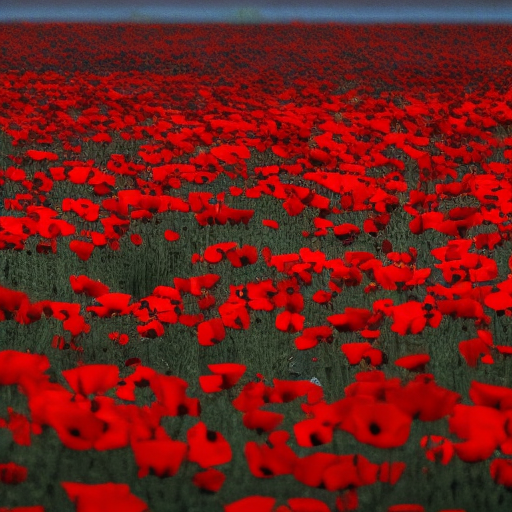The Great War by Mario Monicelli
One-line Summary:
In “The Great War” directed by Mario Monicelli, two Italian soldiers, Oreste and Giovanni, are drafted into the army during World War I. The film follows their journey from reluctant recruits to comrades-in-arms as they navigate the absurdity and tragedy of war.
Main Cast and Crew:
- Director: Mario Monicelli
- Writers: Age & Scarpelli, Mario Monicelli
- Key Actors: Alberto Sordi as Oreste Jacovacci, Vittorio Gassman as Giovanni Busacca
- Music Director: Carlo Rustichelli
- Director of Photography: Giuseppe Rotunno
- Producers: Franco Cristaldi, Mario Cecchi Gori
Plot:
Set in Italy during World War I, “The Great War” tells the story of Oreste Jacovacci and Giovanni Busacca, two young men who are drafted into the army. Initially, they try to avoid military service by faking illnesses, but their plans fail, and they find themselves on the front lines.
As the war progresses, Oreste and Giovanni experience the harsh realities of combat. They witness the futility of war, the loss of comrades, and the dehumanizing effects of violence. Despite their initial reluctance, they form a deep bond and rely on each other for support and survival.
Throughout their journey, Oreste and Giovanni encounter a colorful cast of characters, including a cynical sergeant, a pompous officer, and a group of fellow soldiers who provide comic relief amidst the chaos. The film skillfully balances humor and tragedy, highlighting the absurdity of war while never losing sight of its devastating consequences.
Themes and Motifs:
“The Great War” explores themes of friendship, the dehumanizing effects of war, and the absurdity of conflict. The film portrays the bond that forms between Oreste and Giovanni as they navigate the horrors of war together. It also emphasizes the senselessness of war, highlighting the absurd situations soldiers find themselves in and the arbitrary nature of their sacrifices.
Monicelli uses humor as a tool to expose the tragic aspects of war. The film’s comedic moments provide a contrast to the brutality and serve as a commentary on the absurdity of the human condition in times of conflict.
Reception and Legacy:
Upon its release in 1959, “The Great War” was met with critical acclaim. It won the Golden Lion at the Venice Film Festival and was nominated for Best Foreign Language Film at the Academy Awards. The film’s success solidified Monicelli’s reputation as one of Italy’s most talented directors.
“The Great War” has had a lasting impact on cinema, influencing subsequent war films with its unique blend of comedy and tragedy. It is often regarded as one of the greatest anti-war films ever made, using humor to shed light on the senselessness and brutality of war.
Recommendation:
“The Great War” is a must-watch for fans of Italian cinema and war films alike. Its poignant portrayal of the human experience during wartime, combined with its clever humor, makes it a timeless classic. The film’s exploration of friendship, the absurdity of war, and the resilience of the human spirit will resonate with viewers long after the credits roll.
Memorable Quote:
“War is a game that’s played with a smile. If you can’t smile, grin. If you can’t grin, keep out of the way till you can.” – Oreste Jacovacci












